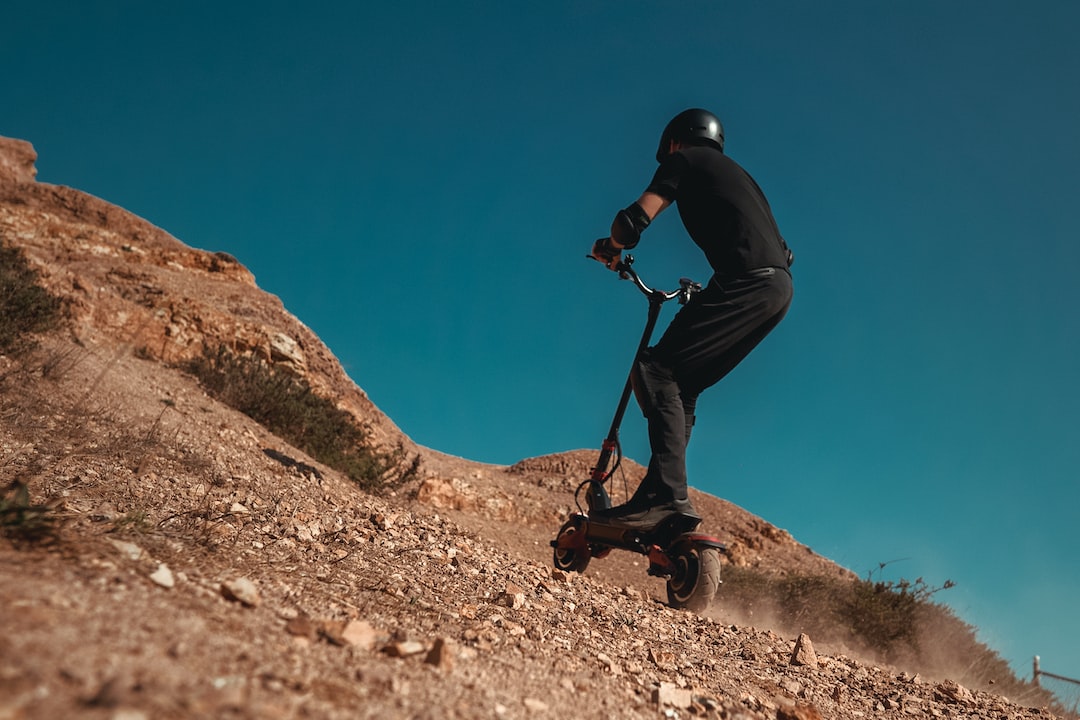
Tips On Electric Bikes and Electric Scooters
Explore expert tips to enhance your electric biking and scootering experience, surpassing conventional advice with cutting-edge insights.
Pros:
- Environmentally friendly transportation, reducing your carbon footprint significantly.
- Cost-effective commuting compared to traditional vehicles, ensuring long-term savings.
- Low maintenance requirements, offering hassle-free ownership.
Cons:
- Limited range on a single charge, necessitating strategic route planning.
- Initial high upfront costs, balancing against long-term savings.
- Dependence on charging infrastructure, requiring awareness of available stations.
Warnings:
- Adhere to traffic rules and regulations for a safe riding experience.
- Regularly inspect brakes and tires, ensuring optimal safety.
- Be cautious of weather conditions impacting battery performance.
Benefits:
- Improved cardiovascular health from regular use.
- Reduced stress and enhanced mental well-being through outdoor commuting.
- Cost savings on fuel, contributing to your financial goals.
Features:
- Adjustable speed settings catering to various preferences.
- Responsive braking systems, ensuring prompt stops.
- Compact and foldable designs for portability and storage convenience.
Tips:
- Optimize battery life with proper charging cycles for sustained performance.
- Invest in quality safety gear for a secure riding experience.
- Choose the right model based on your commuting needs and preferences.
Top 5 FAQs:
1. "How far can electric bikes/scooters travel on a single charge?"
Electric bikes typically have a range of 20–50 miles on a single charge, depending on the model and battery capacity. Scooters may vary, but generally offer a range of 10–30 miles.
2. "Are electric bikes suitable for hilly terrains?"
Yes, many electric bikes come with pedal-assist modes and powerful motors, making them suitable for hilly terrains. Ensure you choose a model with adequate power for your specific needs.
3. "What maintenance is required for electric bikes?"
Regular maintenance includes checking tires, brakes, and keeping the battery in good condition. Consult the user manual for specific guidelines on your electric bike model.
4. "Can I ride electric scooters in the rain?"
While electric scooters can handle light rain, it's advisable to avoid heavy rain to prevent damage to the electronic components. Always prioritize safety in wet conditions.
5. "Are there any age restrictions for electric bikes/scooters?"
Age restrictions vary by location. In many places, there are no age restrictions for electric bikes, but electric scooters may have age limits. Check local regulations for accurate information.
Best Practices:
Plan routes with accessible charging stations for uninterrupted rides.
Regularly check and maintain battery health for optimal performance.
Attend training sessions for safe riding practices, improving overall skills.
Conclusion:
By implementing these expert tips, you'll not only elevate your electric biking and scootering experience but also contribute to a sustainable and healthier lifestyle.

